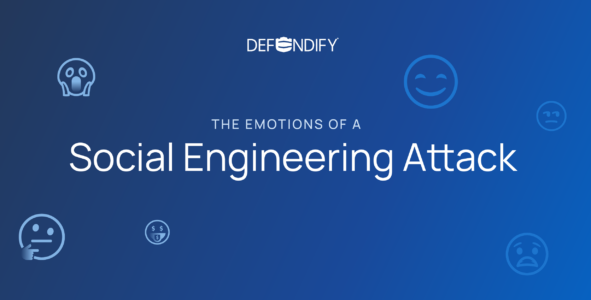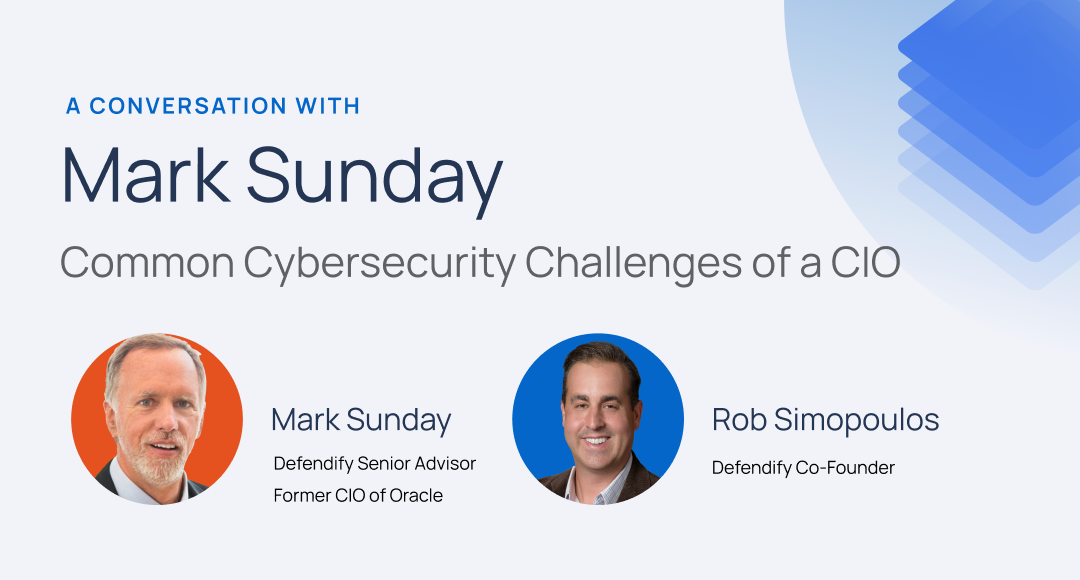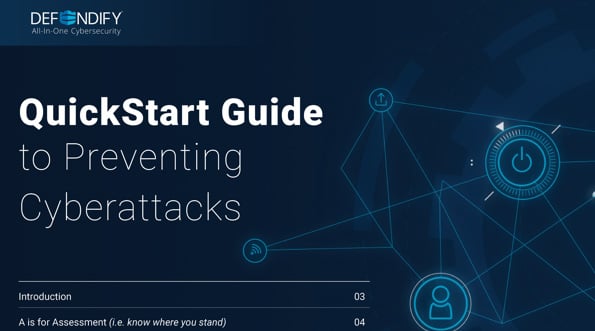Cybersecurity news, breach announcements, emerging threats, and new vulnerability warnings come from hundreds of sources every day. For the modern provider and small business, it’s good there are so many sources spreading the word, but it can be tough to filter through the sheer volume of notifications to stay informed on issues that matter to you.
Here are a few insights on how to follow cybersecurity threat alerts, which ones to look for and share with customers, and what to do with those that are relevant.
Stay Informed
The more informed you are, the better position you are in to protect – and inform – your customers. Here are a few reasons to keep tabs on the Small Business threat landscape:
- Watch for technology- and market-specific threats that require action.
- Find timely and relevant material to start a customer conversation about added security steps.
- Familiarize yourself with security-focused companies and get ideas on cybersecurity questions to ask new potential vendors.
Additionally, when your customers receive threat alerts regularly, it helps keep cybersecurity fresh in their mind and encourages them to reach out to you with their questions.
To find your alerts, seek out reliable, reputable, non-biased sources that are known in the tech world. You wouldn’t expect Vogue to share cybersecurity news just like you wouldn’t expect Brian Krebs to write on fashion. To help stay up-to-date, consider signing up for newsletters from sources you trust or using a service that curates alerts for you.
What Threats Should Your Customers Know About?
There’s more to threat alerts than patch notifications. Discovered vulnerabilities, new attack vectors, trending phishing attacks, and more are all important and relevant to you and your customers.
Filtering out irrelevant stories helps keep customers engaged, so be sure you’re sharing properly:
- Send stories that affect Small Business, not those tailored to enterprises.
- When possible, find sources that use natural language, avoiding confusing tech talk.
- Circulate news with the most relevant employees at your customers’ organizations.
What about breaches (i.e. State Farm and Capital One) that affect individuals, not businesses? They may have more of an impact on your customers than you think. You never know where employees use their work email, and compromised credentials or other information could be the opening a cyberattacker needs.
Take Action
It’s important to be aware, and it’s just as critical to act. As a provider, your first step is to inform your customers. Additional steps will vary, but in general, encourage or help your customers to do the following when they receive an alert directly affecting them:
- Change passwords on compromised accounts (and all others using the same password). Remember to use a strong, unique passphrase for each service in the future.
- Immediately patch vulnerable software and turn on automatic updates.
- Maintain heightened awareness of phishing, social engineering, and other scams involving breached companies or popular themes.
When it comes to cybersecurity threats and alerts, you can’t expect to know everything, but make sure you’re in the know for what counts—you and your customers will be better off for it.
Stay Safe,
Your Friends @ Defendify
Resources & insights
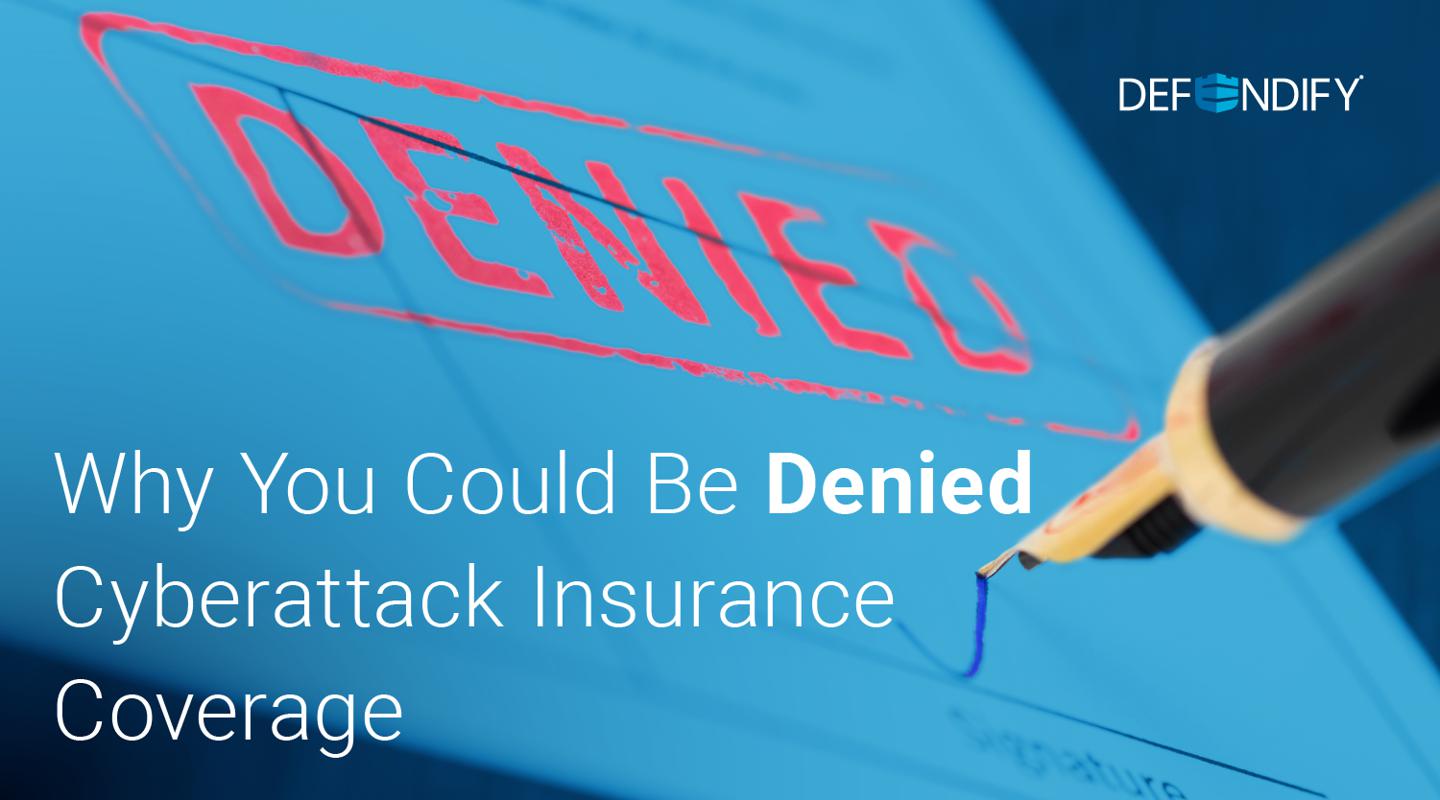
Why You Could Be Denied Cyberattack Insurance Coverage
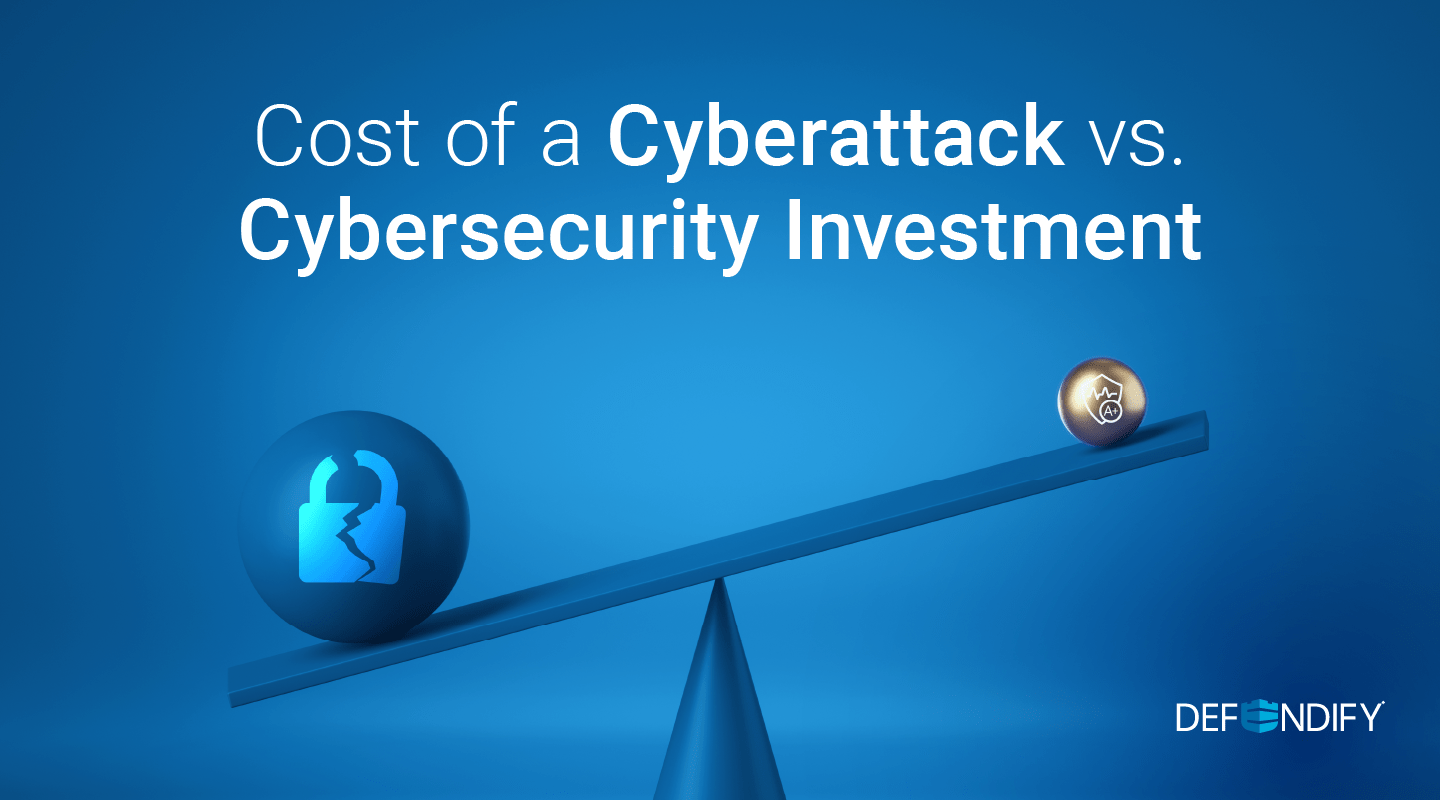
Cost of a Cyberattack vs. Cybersecurity Investment
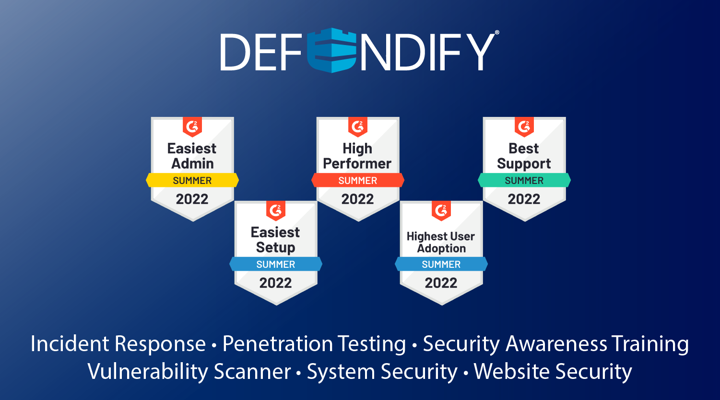
Defendify Listed as a High Performer in Six G2 Grid Categories

Why You Could Be Denied Cyberattack Insurance Coverage

Cost of a Cyberattack vs. Cybersecurity Investment

Defendify Listed as a High Performer in Six G2 Grid Categories
Protect and defend with multiple layers of cybersecurity
Defend your business with All-In-One Cybersecurity®.
Explore layered
security
Learn more about Defendify’s three key layers and All-In-One Cybersecurity®.
How can we help?
Schedule time to talk to a cybersecurity expert to discuss your needs.
See how it works
See how Defendify’s platform, modules, and expertise work to improve security posture.
